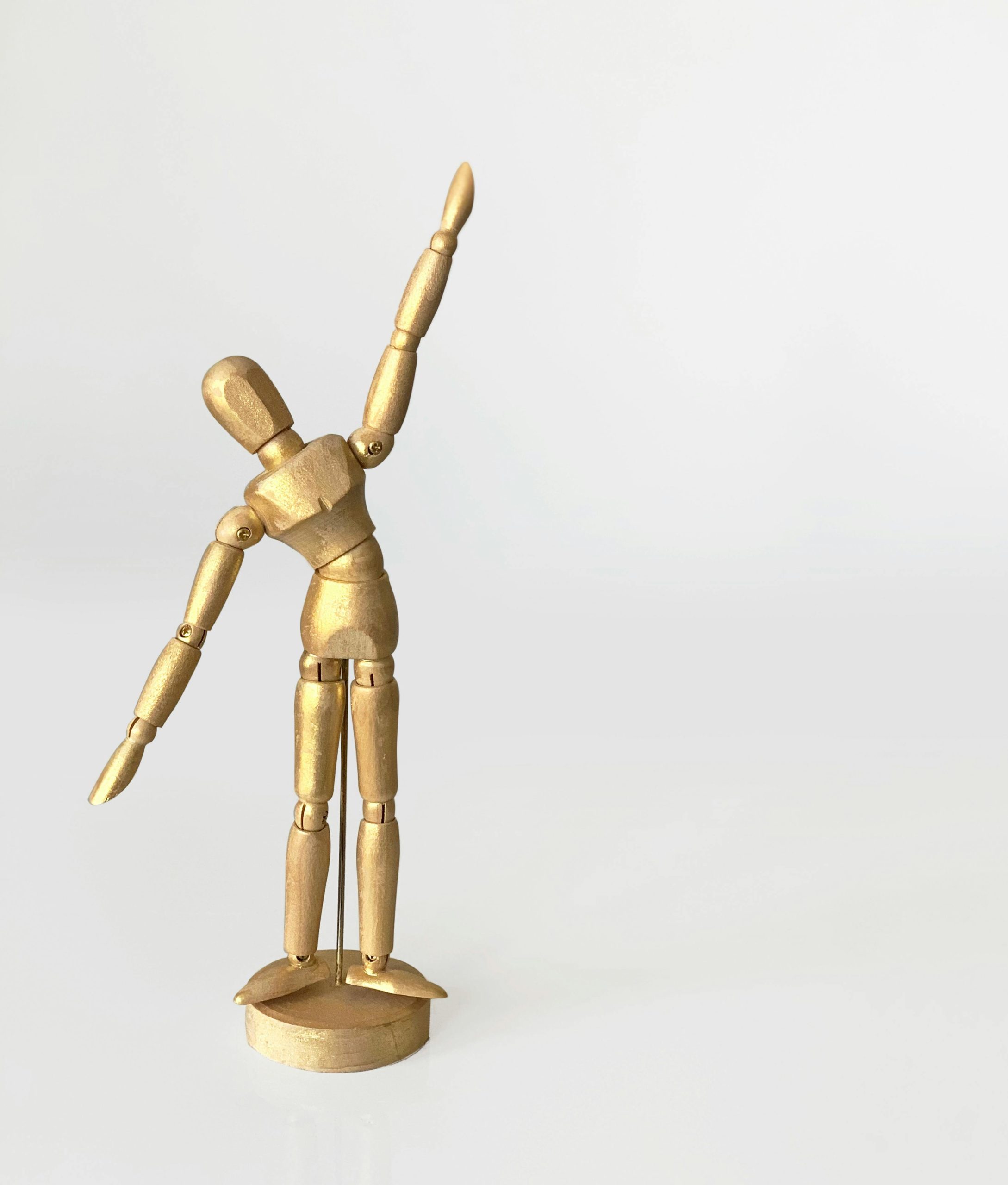I’m concerned that the ethical and philosophical frameworks we’ve built over millennia may no longer be adequate to address the challenges posed by modern AI advancements.
The Ethical Challenges of AI: Navigating Uncharted Territory
As artificial intelligence continues to evolve at a rapid pace, many experts and enthusiasts are beginning to question whether our traditional ethical frameworks are sufficient to address the complex dilemmas ahead. The philosophical principles that have guided humanity for millennia might not be enough to navigate the surprising and sometimes unsettling capabilities of modern AI technologies.
A recent example that has sparked considerable discussion involves the use of AI-generated animation to bring old family photographs to life. In one notable case, an individual used AI tools to animate a cherished image of himself hugging his mother, creating a moving tribute to their bond. This act, shared publicly on social media, has elicited a wide spectrum of reactions.
Some see this technological advancement as a beautiful way to preserve and relive treasured memories, offering comfort and connection across time. Others voice concerns about the potential to distort or manipulate personal histories, thereby creating an artificial perception of reality and risking the erosion of genuine memories.
These debates highlight how quickly our relationship with AI is changing. Just a few decades ago, similar topics would have been confined to science fiction or far-reaching thought experiments. Today, they are real issues demanding serious consideration.
As we stand at this crossroads, it’s clear that the ethical questions surrounding AI are more complex than ever. While opinions vary, one thing is certain: we are venturing into unknown territory, and it’s crucial to approach these developments with careful thought, understanding, and responsibility.














Post Comment